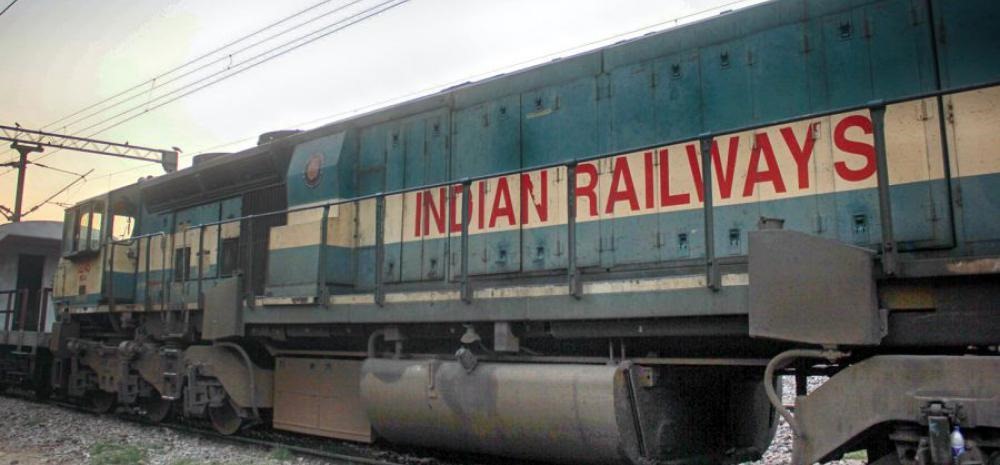Indian Railways May Allow Privatization; AI-Based Dynamic Pricing To Replace Flexi-Fare!
Indian Railways has received a massive share in this year's budget and is it going to be used for long overdue reform-related activities.

In the Union Budget 2018, Indian Rail was allocated Rs 1.48 lakh crore for the massive reform-related activities, long overdue. This was the highest budget allocation ever made for the Railways Ministry.
Now, details are slowly emerging, as to how this fund would be utilized.
To start with, Railways will use now use technology, and AI to set up the dynamic pricing of rail tickets, which will replace the existing ‘flexi-fare’, which is applicable for few premium trains.
Besides, in a revolutionary move, Indian Railways will soon allow private players to operate railway lines.
2018 is proving to be a landmark year for Indian Railways!
AI-Based Dynamic Pricing To Replace Flexi-Fare?
While responding to a question posted in the Rajya Sabha, Railway Minister Piyush Goyal said that technology wing of their Ministry is right now formulating an AI (Artificial Intelligence) powered train fare system, which is all set to replace the existing Flexi-fare pricing.
Based on the time of the travel, important festivals and demand, the dynamic pricing will change, and the allow the passenger to book tickets at different prices.
As per the Minister, the passenger will be able to book tickets at low cost, sometimes at a high cost, factors purely determined by the AI algorithm.
He said,
“The fares would automatically adjust through artificial intelligence, algorithms or technology, to help trains have more occupancy, thus maximising revenues,”
Flexi-fares, which has been in practice since September 2016, has received some severe criticism due to the ridiculously high charges of train fares, even if the train is empty.
The primary reason for such high train fare under Flexi-fare concept is the very logic behind it: 10% of the tickets are sold at a normal price, and then, for every 10% of the tickets sold, the price increases by 10%. The maximum price of the ticket under flexi-fare is 50% more than the original price.
Within a year of its launch, flexi-fare enabled additional revenues of Rs 540 crore for the Railways, but it hurt the passengers’ pocket, and loud protests ensued against its usage.
The concept of flexi-fare is only applicable for Rajdhani, Shatabdi and Duronto trains.
Under dynamic pricing, no such 10% rule would be applicable, and the price change would happen purely on the demand-supply rule, and the period of the booking.
The Minister had earlier said,
“People have brought to my notice the issue of the flexi fare scheme. It could be made better in a way that it does not hurt people’s (pockets) and also meets the revenue target.”
Private Players To Enter Railways?
On being asked about private players being asked to operate Indian Railways’ lines, and operations, the Minister surprised everyone by stating that this can become a reality, very soon.
He said,
“I would want the participation of private players in the railway sector. Why not? They will only improve our efficiency and bring in bigger investments”
The exact details are not out, but it seems that some private companies can be selected to maintain and operate few railway stations and railway lines, which are loss-making for the Govt.
The intentions are to increase revenues, as he said, “We are going to improve efficiency. Losses can be made up through efficiency.”
As of now, Bhopal’s Habibganj railway station can be termed as India’s first private railway station, as some of the portions and operations are outsourced to private players.
In general, privatization of Railways has been a sensitive issue, and previous Minister Suresh Prabhu had denied of any such move or initiative.
He had said,
“This cannot be done in India. I think the railways is a mode of last resort for common people for transportation and we will have to bear that burden as well as the responsibility.”, adding, “You cannot say railways’ problems will be solved by privatisation,”
Are we witnessing a major change in Govt.’s outlook towards privatization of Indian Rail? We will keep you updated!
Do let us know your views and opinions on the issue of privatization of Indian Railways – Should it be done?
